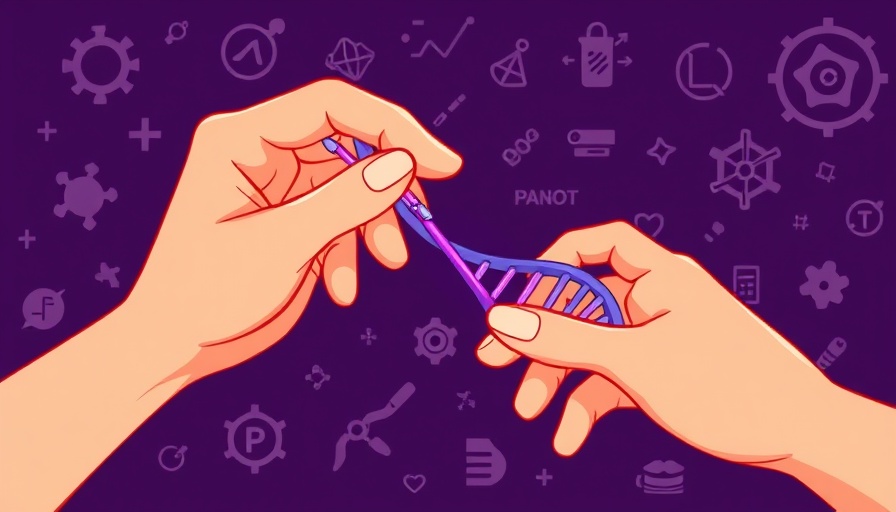
Who Owns CRISPR? The Legal Battle Unfolds
The ongoing legal dispute over the ownership of CRISPR patents has taken a pivotal turn, reigniting discussions around the breakthrough gene-editing technology. On a recent ruling, the U.S. Court of Appeals for the Federal Circuit sided with the University of California and the University of Vienna, granting them the opportunity to challenge a prior decision that favored their counterparts at the Broad Institute.
This captivating drama, spanning 13 years, revolves around questions not just of ownership but of scientific merit and innovation. The appeal came after the U.S. Patent and Trademark Office initially ruled in favor of Feng Zhang and his team at Broad, claiming they were the first to develop human applications for CRISPR. However, the appellate judges found significant legal errors in that decision, prompting a broader examination of the evidence.
A Broader Impact on Intellectual Property
This case is poised to impact not only the ownership rights of CRISPR but also the foundation of intellectual property law itself. As biotech advancements accelerate, defining when an invention is made has never been more critical. The outcomes of this litigation may guide similar cases in the future, shifting how inventions are protected in a rapidly evolving scientific landscape.
Lessons from the CRISPR Patent Wars
For the biotech industry and aspiring innovators alike, the CRISPR saga illustrates the importance of clear communication and documentation throughout the research process. Establishing a timeline and maintaining thorough records can protect intellectual rights and minimize the potential for legal confrontations down the line.
What’s Next for CRISPR?
As the case returns to the Patent Trial and Appeal Board, scientists, entrepreneurs, and investors will be closely watching the developments. The potential changes this case could herald may either fortify or disrupt the existing framework of how biotech innovations are patented and commercialized.
The CRISPR legal saga will continue to unfold, offering lessons about the intersection of science, ethics, and law. Whether you're a seasoned scientist or an enthusiastic learner, staying informed on these developments could provide valuable insight into the future of biotechnology.
 Add Row
Add Row  Add
Add 




 Add Row
Add Row  Add
Add 

Write A Comment